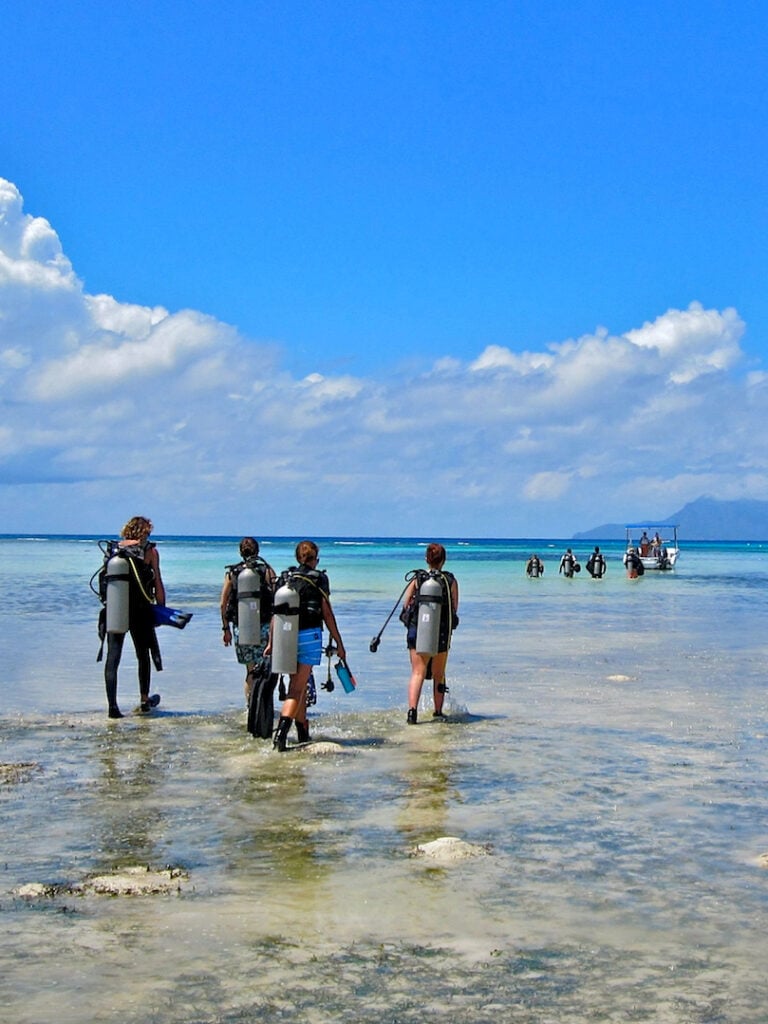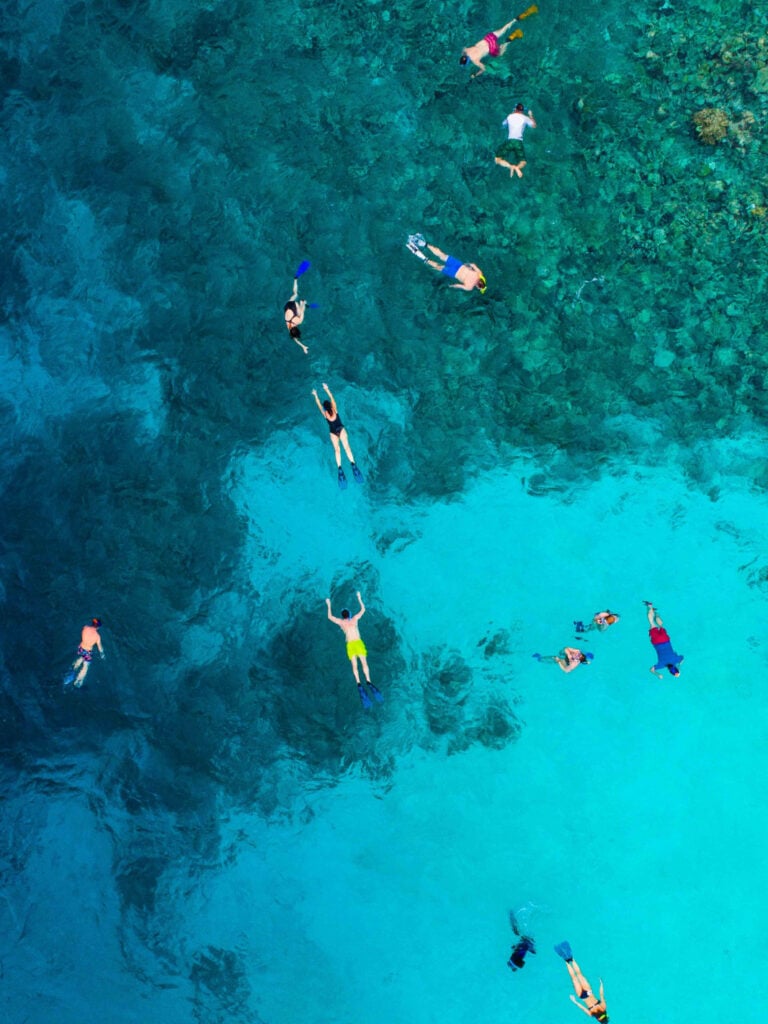GVI
Posted: July 18, 2024

GVI
Posted: December 15, 2022
Marine conservation programs are a crucial part of protecting the world’s oceans and the diverse array of species that call them home. As a traveller, you have the opportunity to get involved in these programs and make a real difference in the health of our oceans.
All of the world’s oceans are facing a variety of challenges and are in need of conservation efforts.
Some of the key threats to the world’s oceans include pollution, overfishing, habitat destruction, and climate change. These threats can have a devastating impact on the health of the oceans and the diverse array of species that call them home. As a result, marine conservation programs are needed in all of the world’s oceans to address these challenges and protect the health of the marine environment.
In addition to these global threats, there are also many specific issues that affect different oceans and regions. For example, the Pacific Ocean is facing a number of challenges, including plastic pollution and overfishing. The Coral Triangle, which includes the waters of Indonesia, Malaysia, the Philippines, Papua New Guinea and Timor-Leste, is also facing significant threats to its coral reefs and marine life.
GVI offers marine conservation programs in six countries – Madagascar, Seychelles, Thailand, Fiji, Canary Islands (Spain), Greece, Belize, Costa Rica and Mexico. This organisation works to conserve and protect coral reefs around the world through a variety of means, including education, research, and community-based conservation efforts.
Through marine conservation volunteering, marine conservation internship programs, marine conservation research fellowships and marine conservation professional apprenticeships, participants contribute to research and marine conservation activities. These programs allow you to gain hands-on experience in the field and make a real impact on the health of our oceans.


There are many different career options in the field of marine conservation. Some of the possible careers include:
Marine biologists study the behaviour, physiology, and ecology of marine organisms. They may conduct research on a specific species, such as dolphins or sharks, or they may study broader marine ecosystems, such as coral reefs or kelp forests.
Marine ecologists study the relationships between different marine organisms and their environment. They may study the impact of pollution or climate change on marine life, or they may investigate the interactions between different species within a marine ecosystem.
Marine conservationists work to protect the health of the oceans and the diverse array of species that call them home. They may work with government agencies, nonprofit organisations, or private businesses to develop and implement conservation strategies and policies.
Marine policy experts work to develop policies and regulations that protect the health of the oceans. They may work with government agencies to develop and implement laws and regulations related to marine conservation, or they may work with advocacy groups to promote policies that support the health of the oceans.
Aquatic veterinarians provide medical care for marine animals, such as dolphins, seals, and sea turtles. They may work in aquariums, zoos or marine parks, or they may provide care for wild animals in need of treatment.
Marine conservation programs can play a crucial role in protecting the health of the world’s oceans and the diverse array of species that call them home. However, it is important to recognise that these programs alone cannot save the oceans.
The health of the oceans is threatened by a variety of factors, including pollution, overfishing, habitat destruction, and climate change. These challenges are complex and require a multi-faceted approach to address them. Marine conservation programs can help to address some of these challenges and protect specific areas of the ocean, but they cannot solve all of the issues facing the oceans on their own.
In addition to conservation efforts, it is also important for individuals, governments, and businesses to take action to reduce their impact on the oceans. This can include reducing plastic waste, practising sustainable fishing, and supporting renewable energy sources.
It will require a collective effort to address the challenges facing the marine environment and ensure its long-term health.
Find out more about marine conservation programs that take a holistic approach to marine conservation and human activity.

GVI
Posted: July 18, 2024